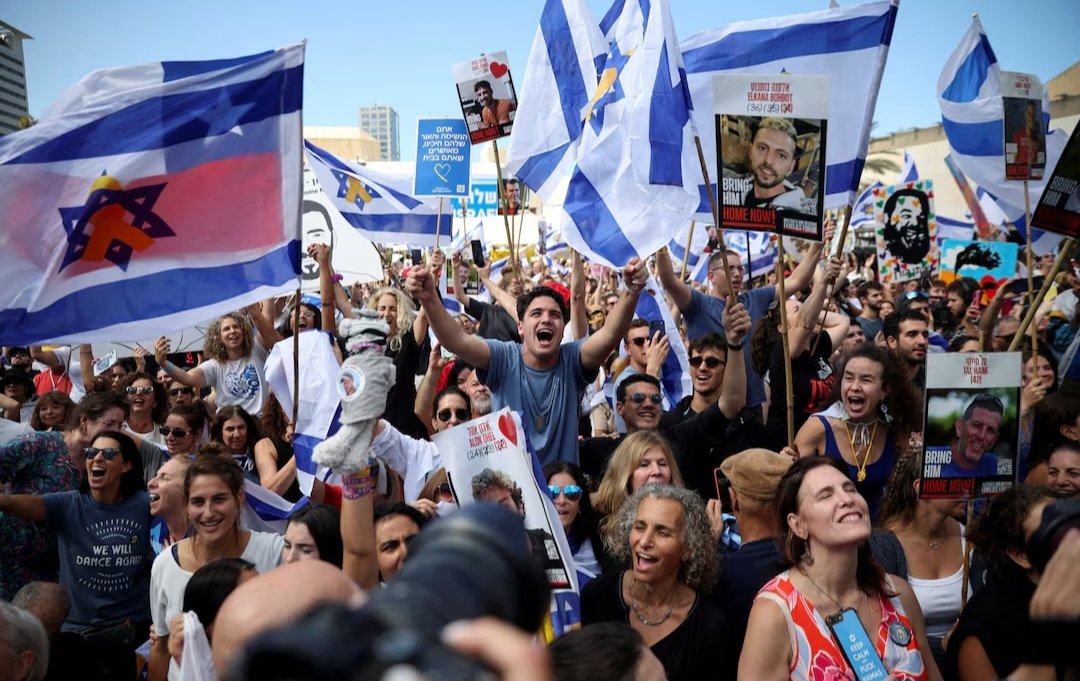Ceasefire between Israel and Hamas begins with hostage and prisoner releases

Israel and Hamas took a crucial first step in their fragile ceasefire agreement on Monday by exchanging hostages and prisoners, offering cautious hope that the U.S.-brokered deal might eventually end the devastating two-year conflict in Gaza.
However, key unresolved issues — including the disarmament of Hamas, the future governance of Gaza, and the broader question of Palestinian statehood — highlight how delicate and temporary this truce remains. For now, it only halts what has become the deadliest conflict in the history of Israeli-Palestinian relations.
For many in Israel, the return of the final 20 surviving hostages was a moment of celebration and emotional closure. But with those hostages now home, the widespread pressure on Prime Minister Benjamin Netanyahu to advance to the next stages of the agreement may begin to ease.
Alongside the hostages, the bodies of four deceased captives were also returned, with 24 more expected in the coming days. The ceasefire’s first phase also requires Israel to allow significantly more humanitarian aid into Gaza, including food and essential supplies.

Relief and Destruction on Both Sides
While Palestinians rejoiced over the release of prisoners from Israeli jails, daily life in Gaza remains dire. After months of heavy Israeli bombardment, the region is in ruins — infrastructure is collapsed, the economy has been destroyed, and countless homes lie in rubble. It's still unclear who will fund the years-long process of rebuilding.
Trump and Netanyahu Claim Progress
Former U.S. President Donald Trump visited the region to mark the ceasefire’s early progress. In an address to Israel’s parliament, he called on leaders to pursue long-term peace. He later joined other global leaders in Egypt to begin negotiating the more complex parts of the agreement.
Although Netanyahu didn’t attend the Egypt summit due to a Jewish holiday, he told Israeli lawmakers that the deal fulfills Israel’s military goals. He repeated that Israel’s conditions for ending the war — freeing all hostages and defeating Hamas — have been met. Still, critics argue he prolonged the war for political gain, something he denies.
The conflict began on October 7, 2023, when Hamas launched a surprise attack, killing 1,200 people and taking 251 hostages. Israel's military response has since killed over 67,000 people, according to the Hamas-run Gaza Health Ministry. Though the ministry’s figures don’t distinguish between fighters and civilians, they are widely cited by the UN and global observers.
The war’s effects have spread throughout the Middle East, with clashes involving Hezbollah in Lebanon, Iranian-backed militants in Yemen, and even direct exchanges with Iran.



